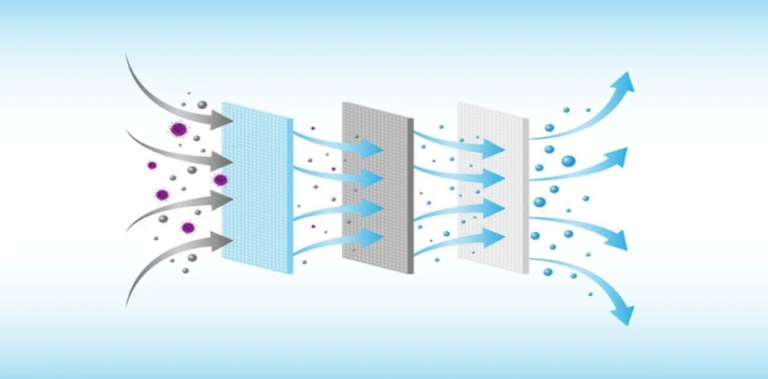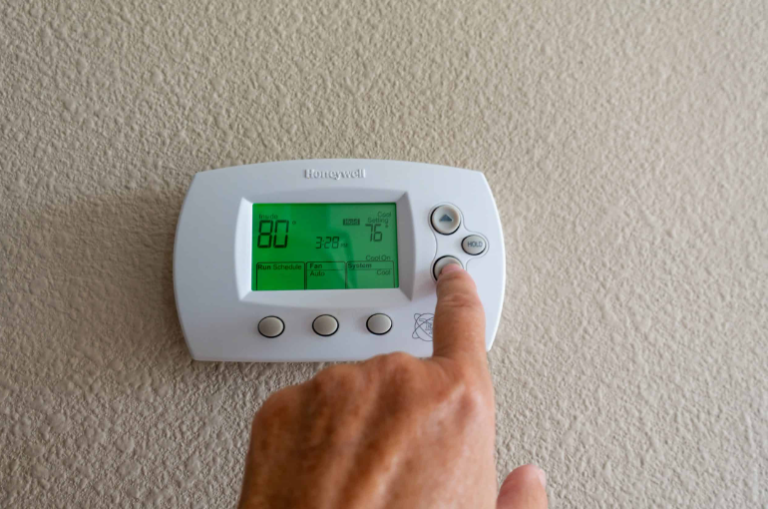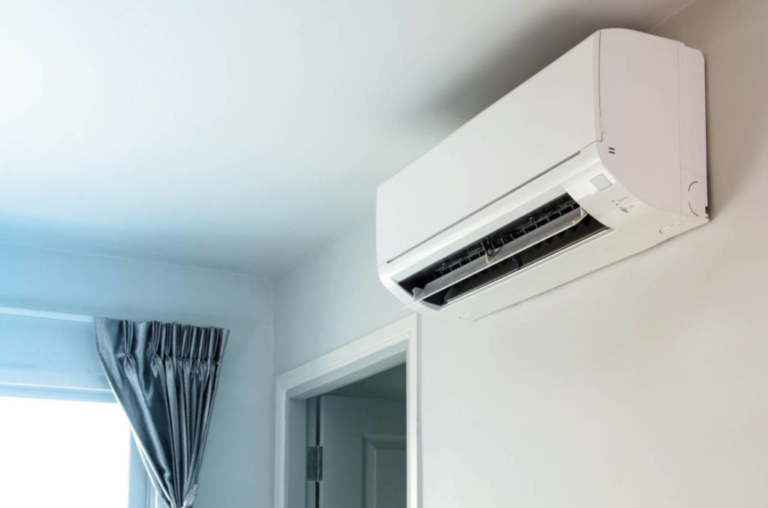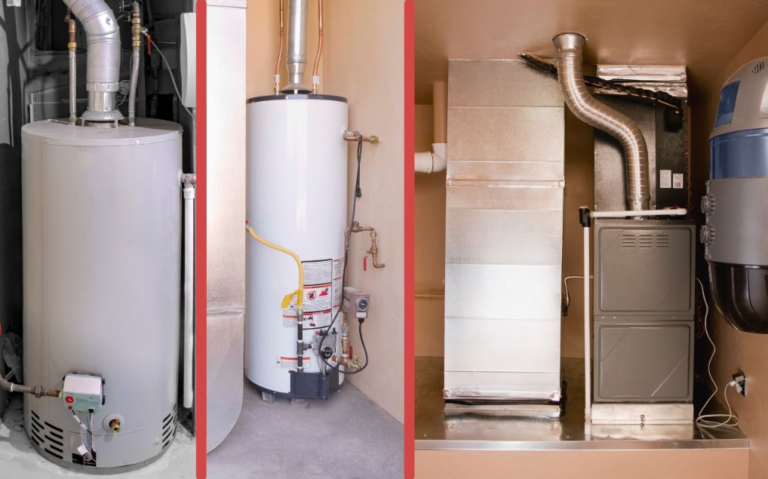Gas VS Electric Water Heaters – Pros & Cons
When it comes to water heaters, there are two main types: gas and electric. So, which is better?
Gas or electric water heaters can both have their pros and cons, depending on your needs. In this blog post, we’re going to compare gas vs electric water heaters, so you can make the best decision for your home.
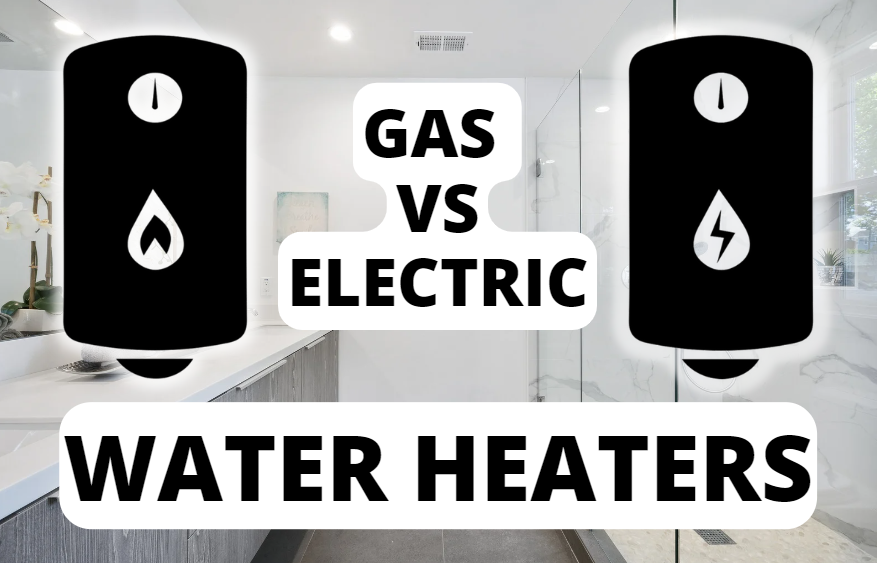
Cost
The initial cost of a gas water heater is higher than that of an electric one, but its operating costs are lower.
Gas water heaters are typically more expensive than electric models, but they also tend to be more energy-efficient. Electric water heaters are less expensive up front, but they may cost more to operate over time.
Initial cost
Here’s a closer look at the initial cost of gas and electric water heaters so you can make the best decision for your home.
Gas Water Heater initial Costs
The average cost of a gas water heater is between $400 and $1,000. Some models, however, can cost as much as $2,000. The price you’ll pay depends on the size of the unit, its energy efficiency, and any special features it has.
Electric Water Heater initial Costs
The average cost of an electric water heater is between $300 and $700. Like gas models, the price you’ll pay depends on the size of the unit, its energy efficiency, and any special features it has.
How to Save on the Initial Cost of a Water Heater
There are several ways to save on the cost of a new water heater, regardless of whether you choose gas or electric. Here are a few tips
- Install the unit yourself to save on labor costs.
- Shop around for the best deal. Compare prices from multiple retailers before making your purchase.
- Look for rebates and tax credits. Many utility companies offer rebates for energy-efficient appliances like water heaters. There may also be federal or state tax credits available.
Operating Cost
The initial cost of a gas water heater is typically higher than an electric model. However, operating costs for a gas water heater are usually lower than for an electric water heater.
Gas water heaters use natural gas or propane to heat water. This can be less expensive than electricity in some areas, but it also means that your water heater is dependent on the price of these fuels.
Electric water heaters use electricity to heat water. This can be more expensive than using gas, but it’s also more stable since electricity prices don’t fluctuate as much as gas prices.
In terms of operating costs, electric water heaters tend to be about 30% more expensive than gas models.
Sustainability
There are a few things to consider when determining the sustainability of either option. For starters, we must consider the energy source.
Gas water heaters typically use natural gas, while electric ones use electricity. In terms of emissions, natural gas is cleaner burning than electricity generated from coal.
However, if your electricity comes from renewable sources like solar or wind, then the emissions from an electric water heater will be negligible.
Temperature Control
Another advantage of a gas water heater is that it provides more precise temperature control than an electric one.
This is because gas water heaters use a pilot light to ignite the burner, which then heats the water. The pilot light ensures that the burner is always at the correct temperature, so that the water can be heated to the desired temperature quickly and efficiently.
Electric water heaters, on the other hand, use heating coils to heat the water. These coils can take longer to heat up and may not be as efficient at maintaining a consistent temperature.
With an electric water heater, you can only set it to one temperature and hope for the best. But with a gas water heater, you can choose a lower temperature setting and save money on your energy bill.
Just keep in mind that a lower temperature setting will result in a longer wait time for hot water.
Recovery Rate
The recovery rate is how quickly the water heater can heat up a full tank of cold water.
Gas water heaters have a faster recovery rate than electric ones because they can generate more BTUs (British Thermal Units). This means that you won’t have to wait as long for hot water with a gas water heater.
The size of the water heater also affects the recovery rate. A larger tank will have a slower recovery rate than a smaller tank. This is because it takes longer for the large tank to heat up.
If you have a large family or if you like to take long showers, a faster recovery rate is definitely an advantage.
If you are looking for a fast recovery rate, then you should choose a gas water heater.
Space Requirements
In general, electric water heaters are smaller than gas water heaters.
This is because the gas tank and burner components take up more space than the electric heating elements. However, there are some compact gas water heaters on the market that are about the same size as electric models.
If you’re tight on space, an electric tankless water heater might be the best option. These units don’t have a storage tank, so they can be mounted on a wall or in a small cabinet.
Gas tankless water heaters are also available, but they’re typically larger than electric models.
Ventilation
Proper ventilation is essential for both types of heaters, but each has different ventilation requirements.
Gas water heaters need proper ventilation to prevent the buildup of deadly carbon monoxide gas. Electric water heaters do not produce carbon monoxide, but they still need ventilation to dissipate heat and prevent condensation.
The best way to vent a gas water heater is through a metal flue pipe that extends from the top of the heater through the roof. The flue pipe must be sized correctly and installed according to the manufacturer’s instructions.
Electric water heaters can be vented through a wall or roof, but the most common type of venting is through a side-wall vent.
Side-wall vents consist of a metal vent pipe that extends from the water heater through an exterior wall. The pipe must be properly sized and installed according to the manufacturer’s instructions.
Venting requirements for both types of water heaters are governed by local building codes. Be sure to check with your local building department before installation to ensure you are in compliance.
Conclusion: Gas VS Electric Water Heaters
So, which is better Gas or electric? The answer depends on your needs and preferences. If you want precise temperature control and don’t want to wait a lot for hot water, go with a gas model. If you don’t mind waiting a little longer for hot water or live in a small space, go with an electric model.
Ultimately, the decision comes down to personal preference and what’s best for your home.

